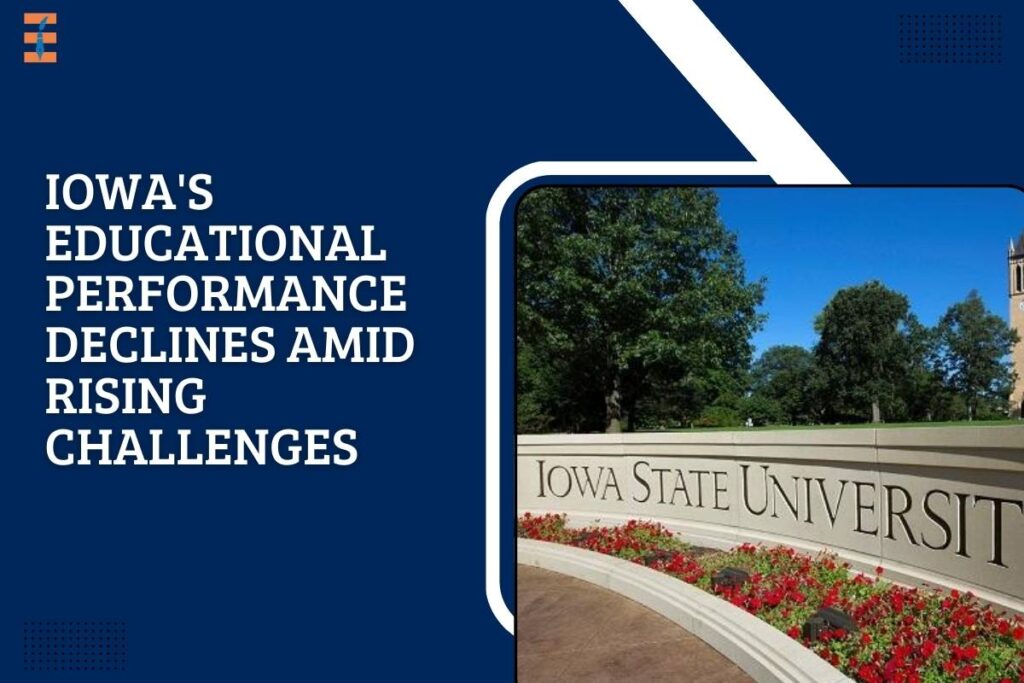Iowa has traditionally scored well in educational rankings among U.S. states, but recent data shows a concerning decline. According to a new report from the Annie E. Casey Foundation, Iowa’s educational standing has dropped due to decreasing test scores and a fall in on-time high school graduation rates. The report highlights that 67% of Iowa fourth-graders in 2022 were not proficient in reading, a two-percentage point decline from pre-COVID 2019 rates. Additionally, 72% of eighth-graders were proficient in math, a five-percentage point drop from 2019.
Anne Discher, executive director of Common Good Iowa, emphasized the importance of foundational skills at these critical stages. “Having good foundational reading skills by fourth grade prepares students for future analytical reading, and having foundational math skills by eighth grade prepares students for more complicated math,” Discher explained. She pointed out that many students are hitting important educational milestones without the necessary skills, posing a significant challenge to the state’s education system.
Impact on High School Graduation and Attendance
Iowa, known for its high on-time high school graduation rates, has also seen a decline in this area. Since the 2010-11 school year, Iowa had ranked first in on-time high school graduation rates but has now fallen to third place, as per the latest report. Furthermore, chronic absenteeism rates have risen sharply, with more than one in four Iowa students being chronically absent.
The report ranks Iowa 13th out of the 50 states in education, placing it behind neighboring states like Nebraska, Illinois, and Wisconsin. This drop in rankings reflects broader challenges within the state’s educational framework, impacting student performance and overall educational outcomes.
Strategies for Improving Iowa’s Educational Standing
To address these issues, Anne Discher stressed the need for comprehensive solutions beyond merely increasing school funding. She suggested tackling childhood food insecurity, improving home internet connections for students, and expanding Medicaid accessibility for young children as key strategies to enhance educational outcomes. “When you think about the fact that suddenly we’re not first in high school graduation, that our test scores aren’t that far off national averages, it feels like we’re starting to maybe see in data a real change in priorities in our state,” Discher noted.
Discher’s recommendations underscore the importance of addressing broader socio-economic factors that impact education. By ensuring students have access to nutritious food, reliable internet for online learning, and adequate healthcare, the state can create a more supportive environment conducive to learning and academic success. These measures, according to Discher, are crucial for reversing the current downward trends and restoring Iowa’s educational standing.
In summary, while Iowa remains relatively strong in national educational rankings, recent declines in test scores and graduation rates signal the need for urgent action. Addressing underlying issues such as food insecurity, internet accessibility, and healthcare can provide a more holistic approach to improving Iowa’s Educational Standing. With these efforts, there is hope that the state can regain its former educational excellence and provide better opportunities for its students.

